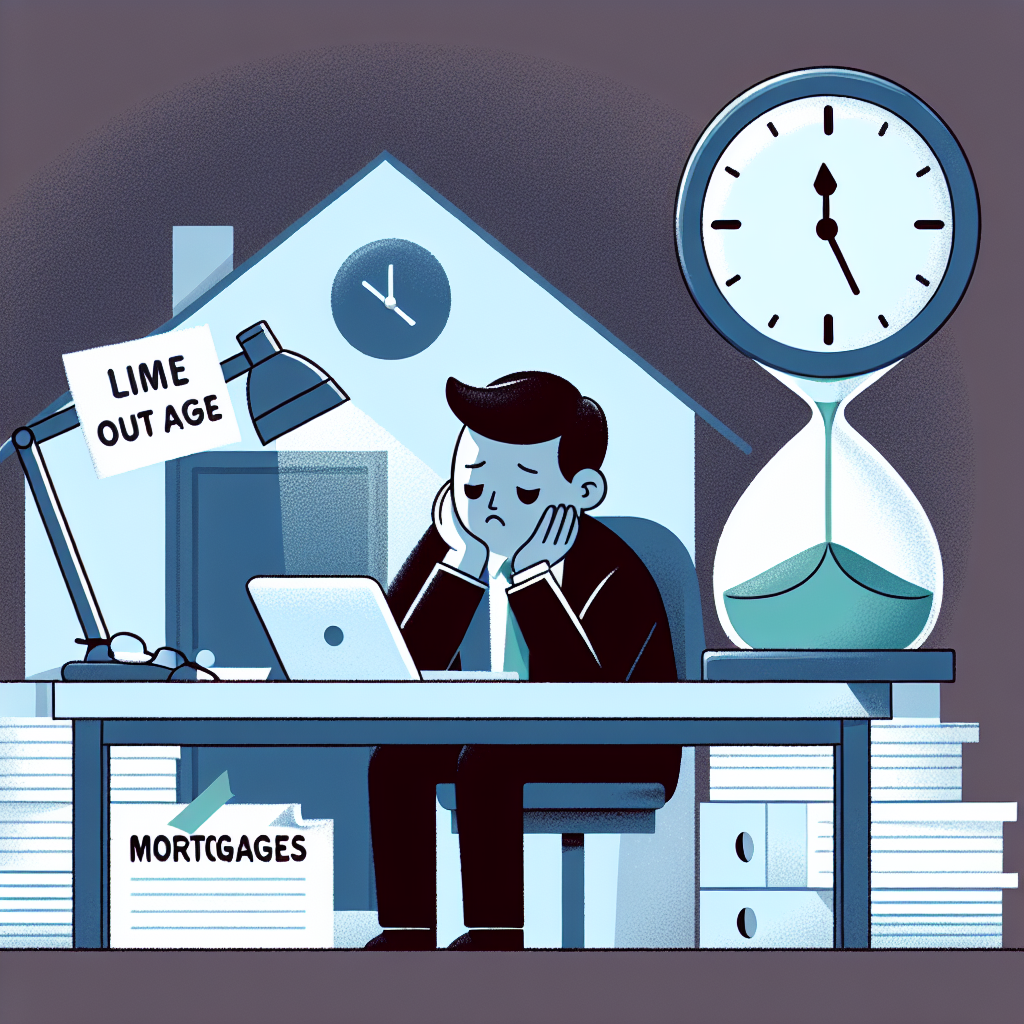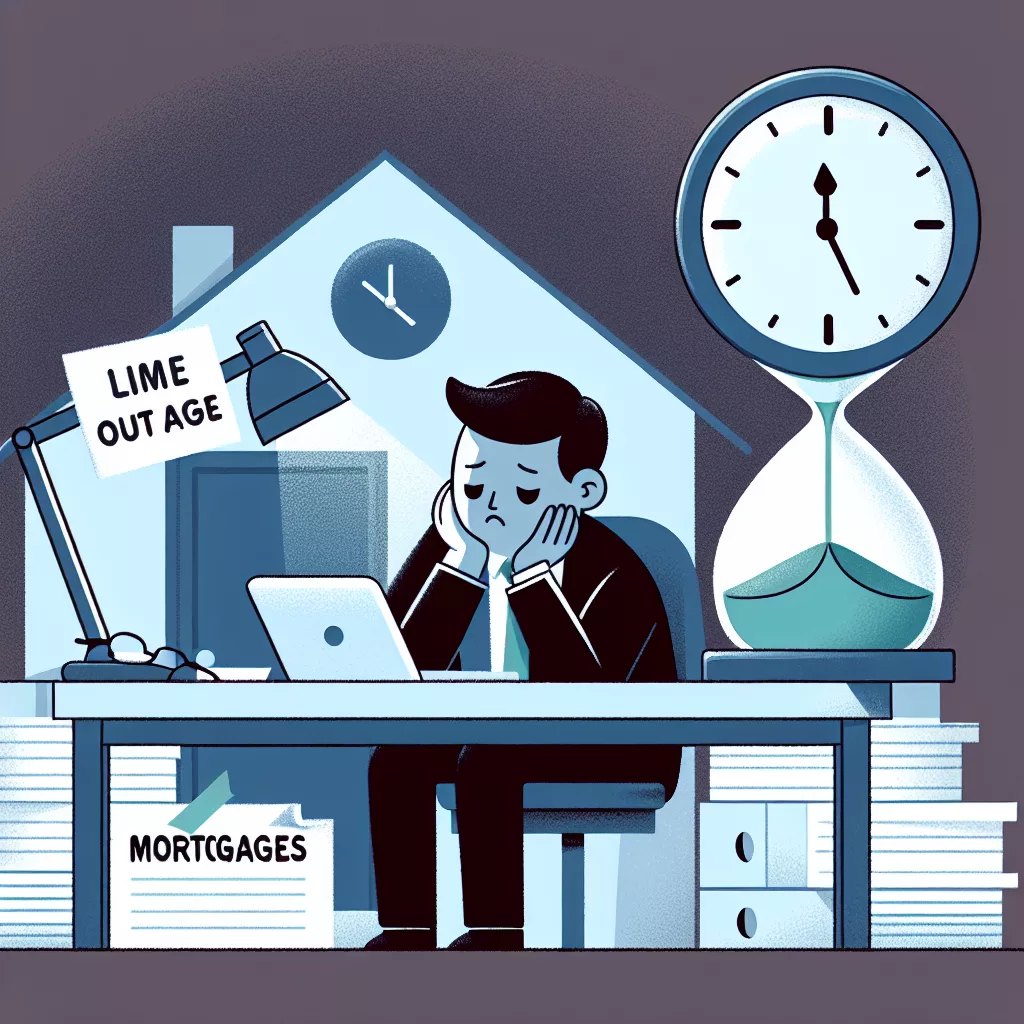The burnout risk for Mortgage Advisors is significant, fueled by high-stakes decision-making, constant client interaction, and market unpredictability.

- High workload pressures and unrealistic targets.
- Constantly changing regulations and policies.
- Emotional stress from assisting anxious clients.
- Long and unpredictable working hours.
- Need for continuous learning and certification.
- Frequent rejections and client dissatisfaction.
- Lack of work-life balance in competitive markets.
Data on career burnout statistics for Mortgage Advisors suggests that burnout levels are moderate.
Reasons Mortgage Advisors burnout
According to the science to date there are key reasons people burnout at work. Here’s our top reasons why Mortgage Advisor in the Finance category has a burnout risk of Moderate:
In the mortgage advisor career role, burnout can be a significant issue due to several contributing factors. First, the job often involves high-pressure sales environments. You might experience stress from targets that must be met, impacting your mental well-being.
Next, you may encounter complex regulatory requirements. Staying updated with constantly changing financial and legal guidelines can be overwhelming and mentally exhausting.
Work-life balance is another concern. Due to irregular hours and client demands, achieving a healthy balance between work and personal life might seem challenging. It can lead to long periods without sufficient rest.
Emotional demands in the role can also contribute to burnout. Helping clients with significant financial decisions can be emotionally taxing, particularly when dealing with clients under stress or financial strain.
You might also face economic fluctuations. Economic downturns or volatile markets can introduce uncertainty and stress, impacting your ability to offer consistent advice and services.
Lastly, the desk-bound nature of the role may lead to sedentism-related burnout. Extended periods at a desk with limited physical activity can result in both physical and mental fatigue.
Understanding these factors can help you recognize early signs of burnout and take proactive steps to address them, enhancing your long-term career satisfaction and effectiveness.
Burnout rate data for Mortgage Advisor/Finance
While there is extensive research on burnout in many sectors, specific data focusing on burnout among Mortgage Advisors or within the Finance industry is relatively scant. Generally, the high-pressure nature of financial roles suggests susceptibility to burnout, but detailed studies are limited.
Many finance professionals report experiencing stress due to long hours and high-stakes decision-making, contributing to burnout, yet quantitative data remains limited. You may find relevant insights into burnout in finance roles at the National Institute for Occupational Safety and Health (NIOSH) (https://www.cdc.gov/niosh/index.htm).
Another source is the American Psychological Association (APA), which often covers occupational stress topics, available at (https://www.apa.org). These sources provide broader insights that might be applicable to those in finance roles like Mortgage Advisors.
Do you have experience of Burnout as a Mortgage Advisor or in Finance?
Share your story about Mortgage Advisor burnout on our share your story page.
Burnout in Finance
Career Burnout Rates > Burnout in Finance > Mortgage Advisor Burnout


